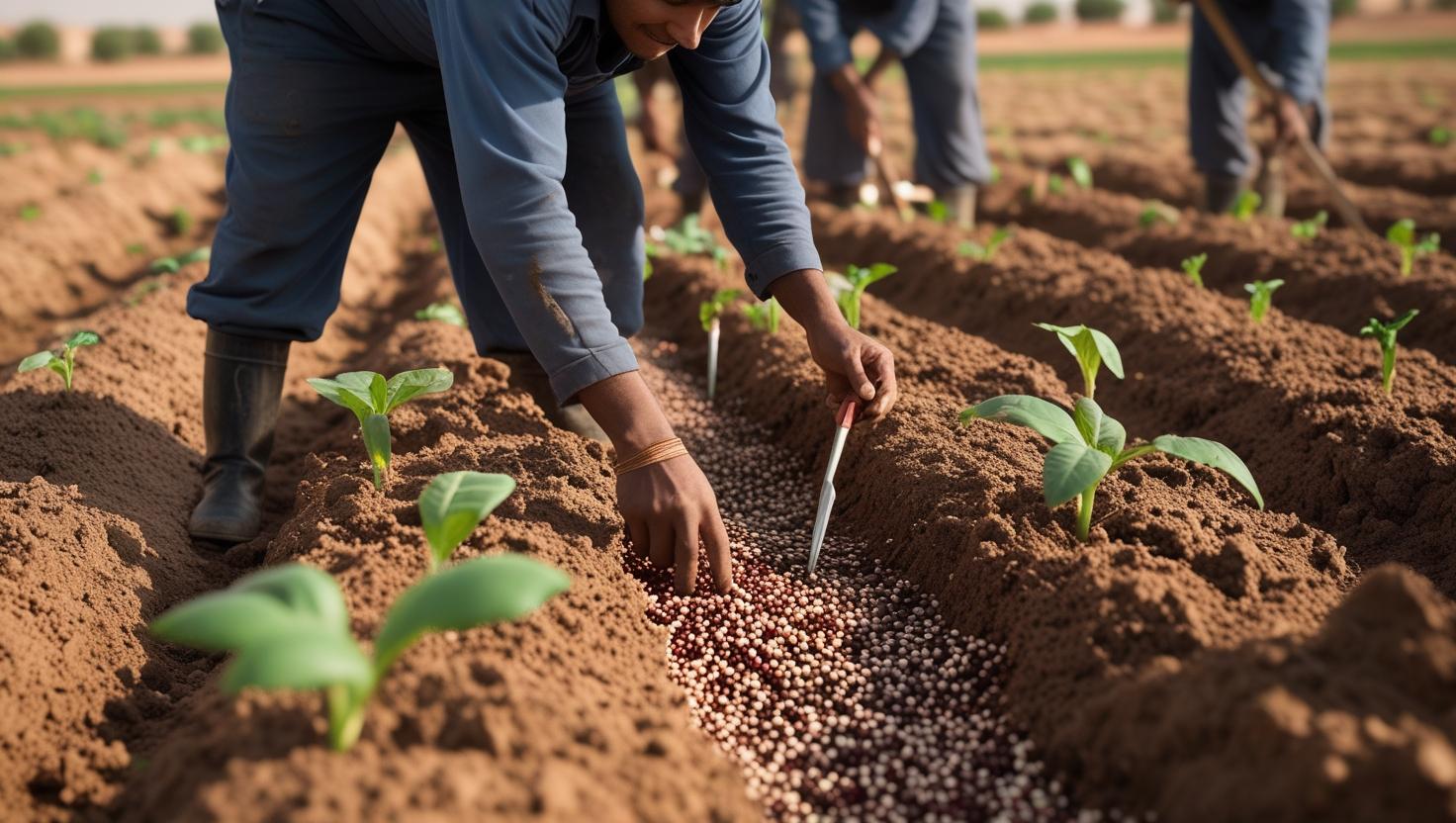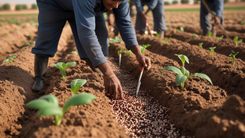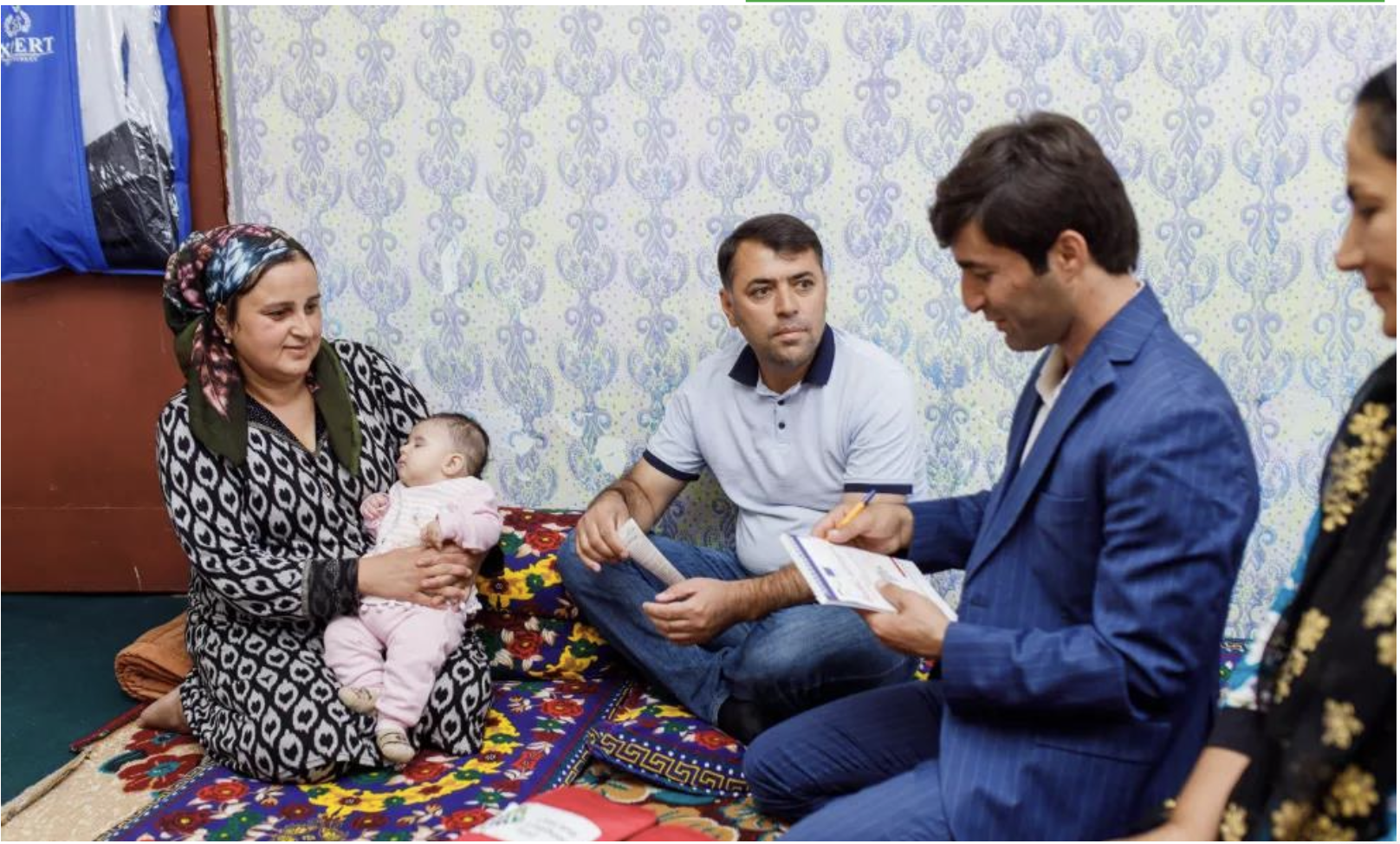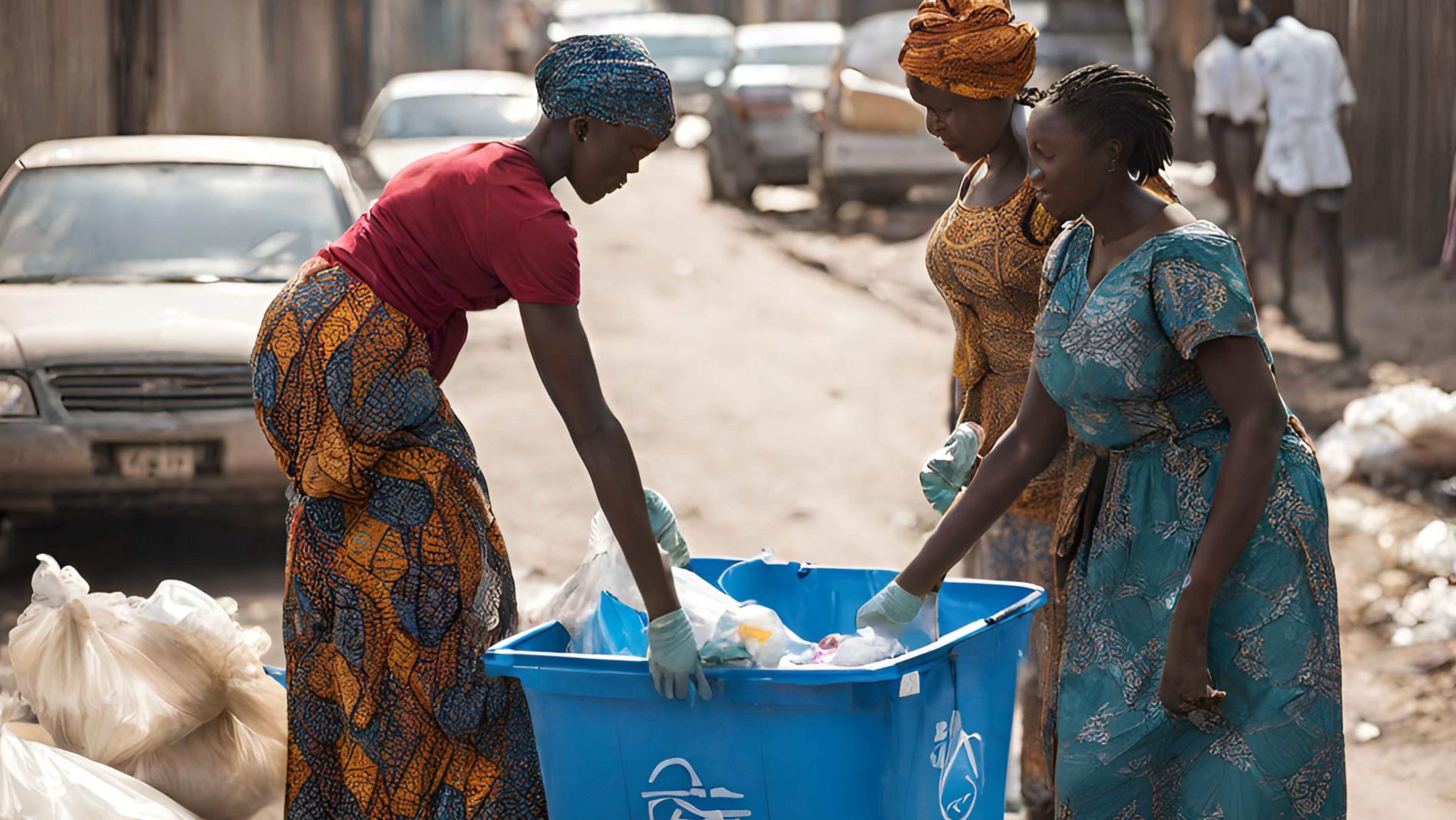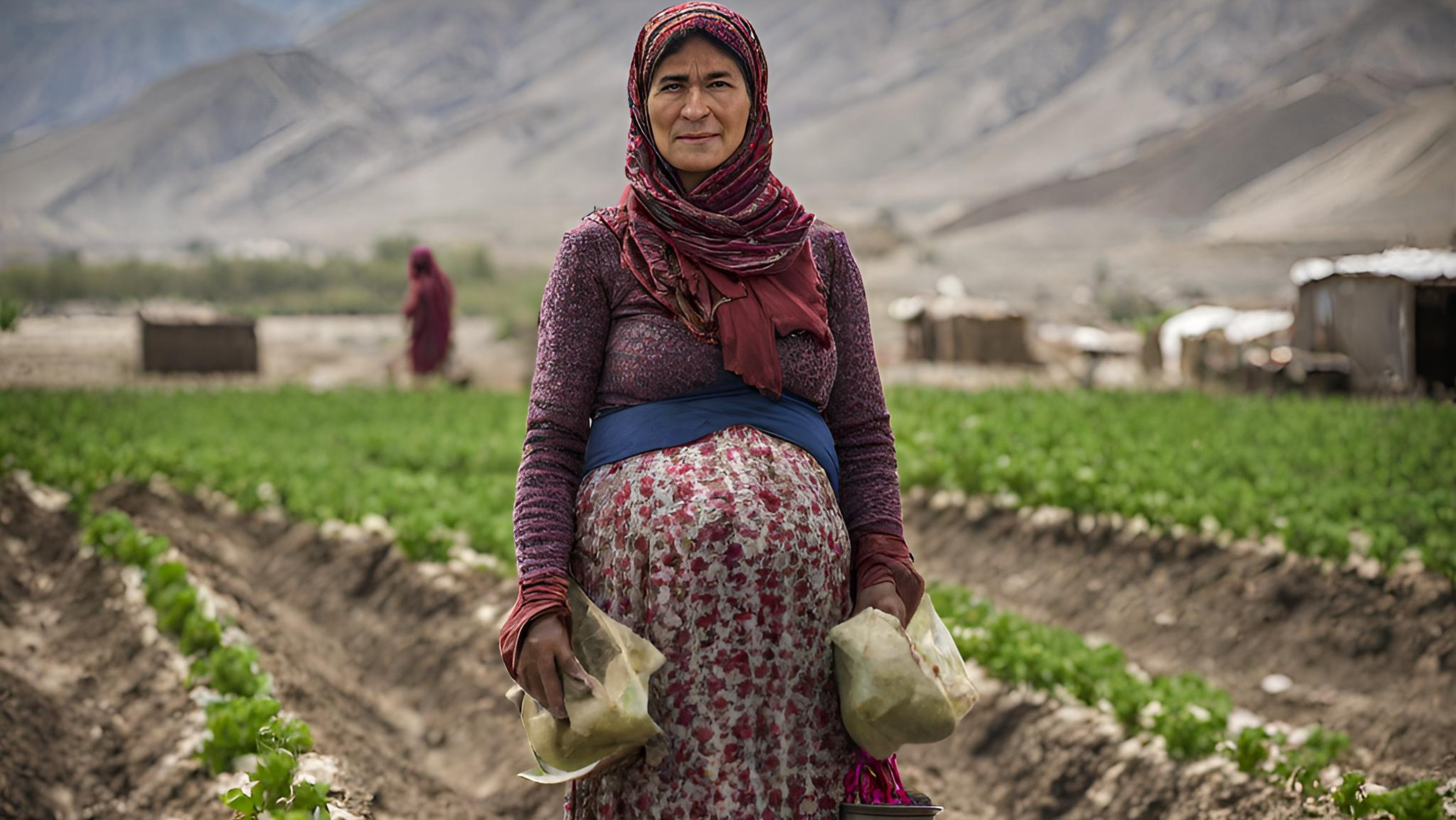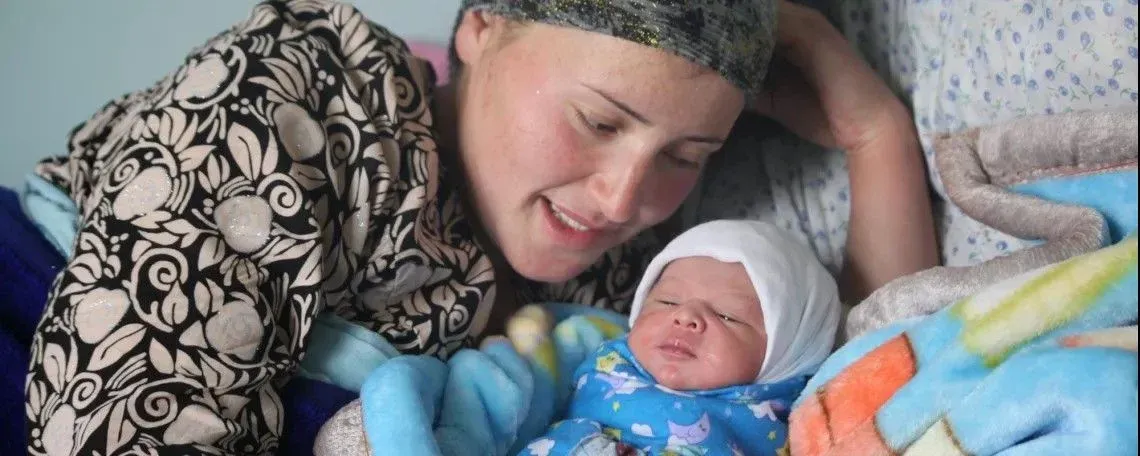Latest updates
Food for Thought: Invest in rural infrastructure to achieve food loss reduction
Lives and Livelihoods Fund is renewing attempt to reduce food waste as part of the international efforts to eliminate hunger in IsDB member countries
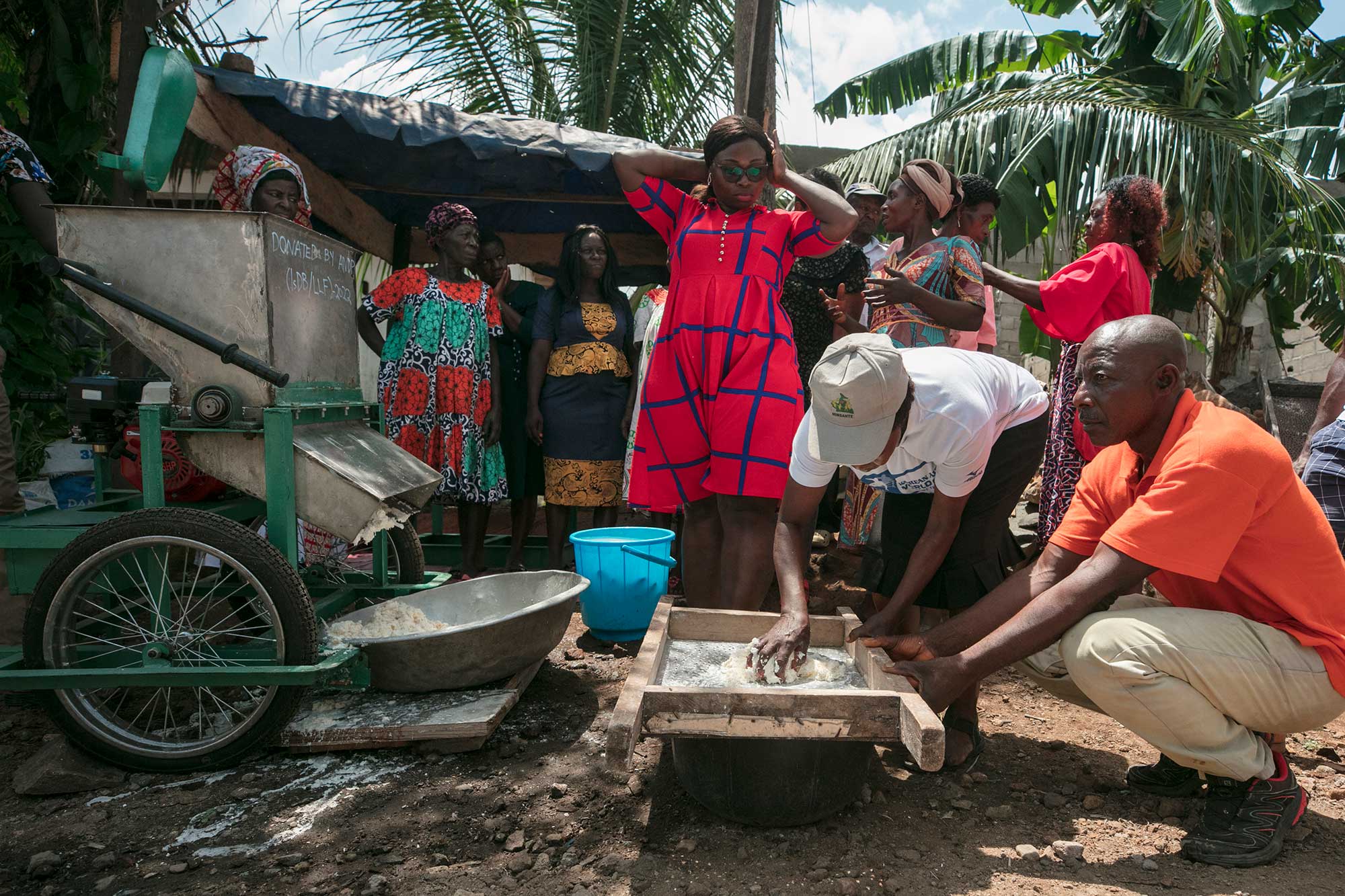
One in ten people sleep on an empty stomach each night, because 1.3 billion tons of food production is lost in the supply chain every year worldwide. The irony is that hunger looms large in the time of excessive food production.
How we produce food and how it reaches local markets is the biggest determinant of food loss, leading to a hungry planet and malnourished people. This is bellwether of a broken food system, which can only be fixed with collaborative and concerted actions.
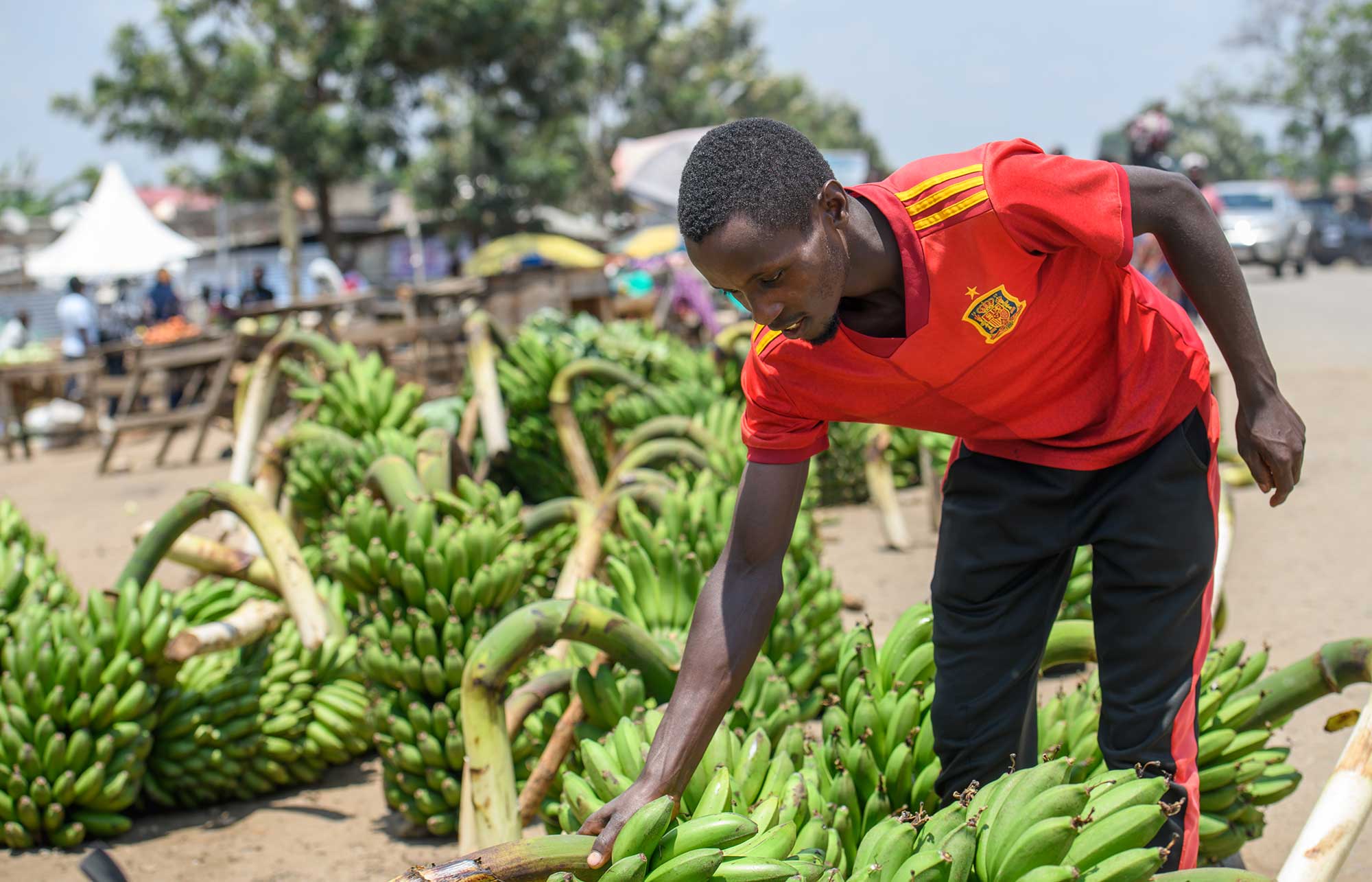
As part of the global drive to eliminate hunger, the Lives and Livelihoods Fund (LLF) – a joint development initiative of global partners including the Islamic Development Bank, the Abu Dhabi Fund for Development, the Bill & Melinda Gates Foundation, the Islamic Solidarity Fund for Development, King Salman Humanitarian Aid and Relief Centre, and the Qatar Fund for Development – is doubling down on its commitment to reduce food loss in low and middle income member countries of the IsDB. We are working closely with governments, development partners, and communities in tackling this challenge in a holistic manner.
At LLF, our efforts to ensure safe and wholesome food journey from fields to your plates start with a small seed. We recognize the power of every seed to grow crops. But if the seed fails, that power is lost.
The Fund is working with 12 member countries on the distribution and adoption of improved seed varieties for high-value cash and export crops such as maize, rice, coffee, cassava, tea, and others. These enhanced quality seeds are breathing new life into the farm yields, producing weather and pest-resistant crops. This is markedly safeguarding farmers against potential farm and food loss, while also improving market performance of these crops.
In Nigeria, LLF partners have collectively supported local farmers in producing 1,059.14 metric ton of assorted improved seeds of cereal and legume crops. Similarly, 58 tons of seeds distribution has rehabilitated 1,284 hectares of degraded pastoral land in Burkina Faso.
Whether our produce will make it to the markets or not is one question that keeps bogging down our farmers despite adopting good agricultural practices and inputs. As with many developing countries, a glaring challenge facing the famers is optimizing their harvest through proper storage facilities to maintain quality and prevent food loss.
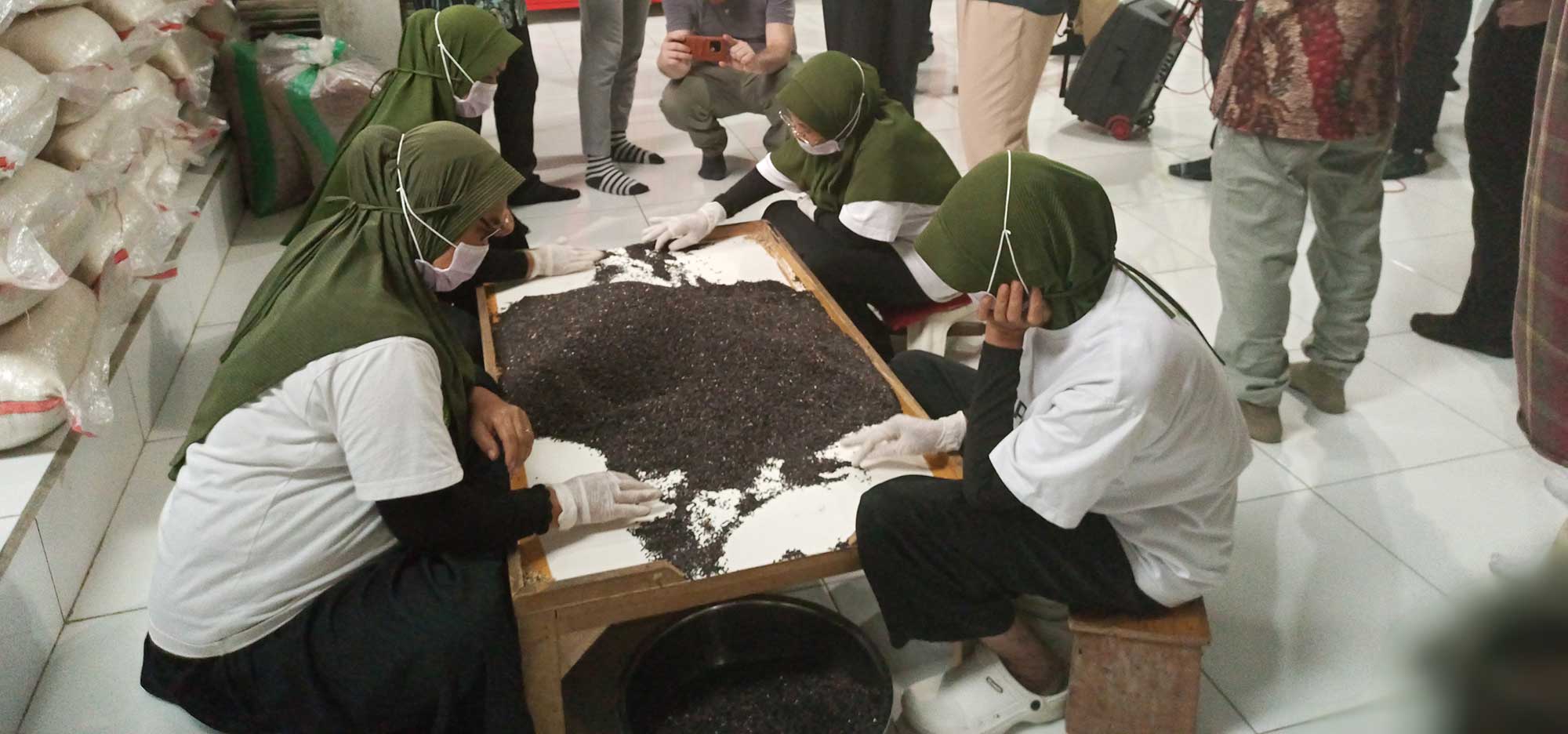
LLF’s investments in the establishment of on-farm infrastructures such as processing units, bulking centers and storage facilities are making a significant contribution to avert food losses at the front end of the supply chain and help more crops make it off the farm with improved shelf life.
For example, coffee farming communities in Uganda are benefiting from LLF’s vision to upgrade value and supply chains through the state-of-the-art processing and packaging facility and storage silos.
Someone having a ton of coffee, it would take him a whole week or two to pound small quantities of beans. But with this coffee processing machine given to us by the LLF LEGS Project, 100 farmers can process their beans daily, while ensuring maximum quality standards" - Guni Zephania, 50, Rwenzori Region/Uganda
In Indonesia, Sierra Leone, Senegal, Niger, and Guinea, LLF is constructing and rehabilitating multipurpose warehouses and storage units to enable small holder farmers to save up to 40% post-harvest losses.
The fishing community in Maldives is all set to benefit from LLF’s integrated approach, whereby their storage capacity for 3000 ton of fish will be improved through the installation of 200 units of refrigerated sea water systems on vessel with 200 micro solar OV plants.
With the philosophy of leaving no farmer behind, LLF is making sure that dairy farmers in Mali, Senegal, Burkina Faso, Nigeria, and Uganda have access to over 300 milk collection centers to ensure waste reduction. In the same vein, the Fund is improving milk safety at farm-level with the establishment of 40 milk cooling facilities.
These efforts are progressively resulting in reduced wastage and providing consumers with access to safer, high-quality food products.
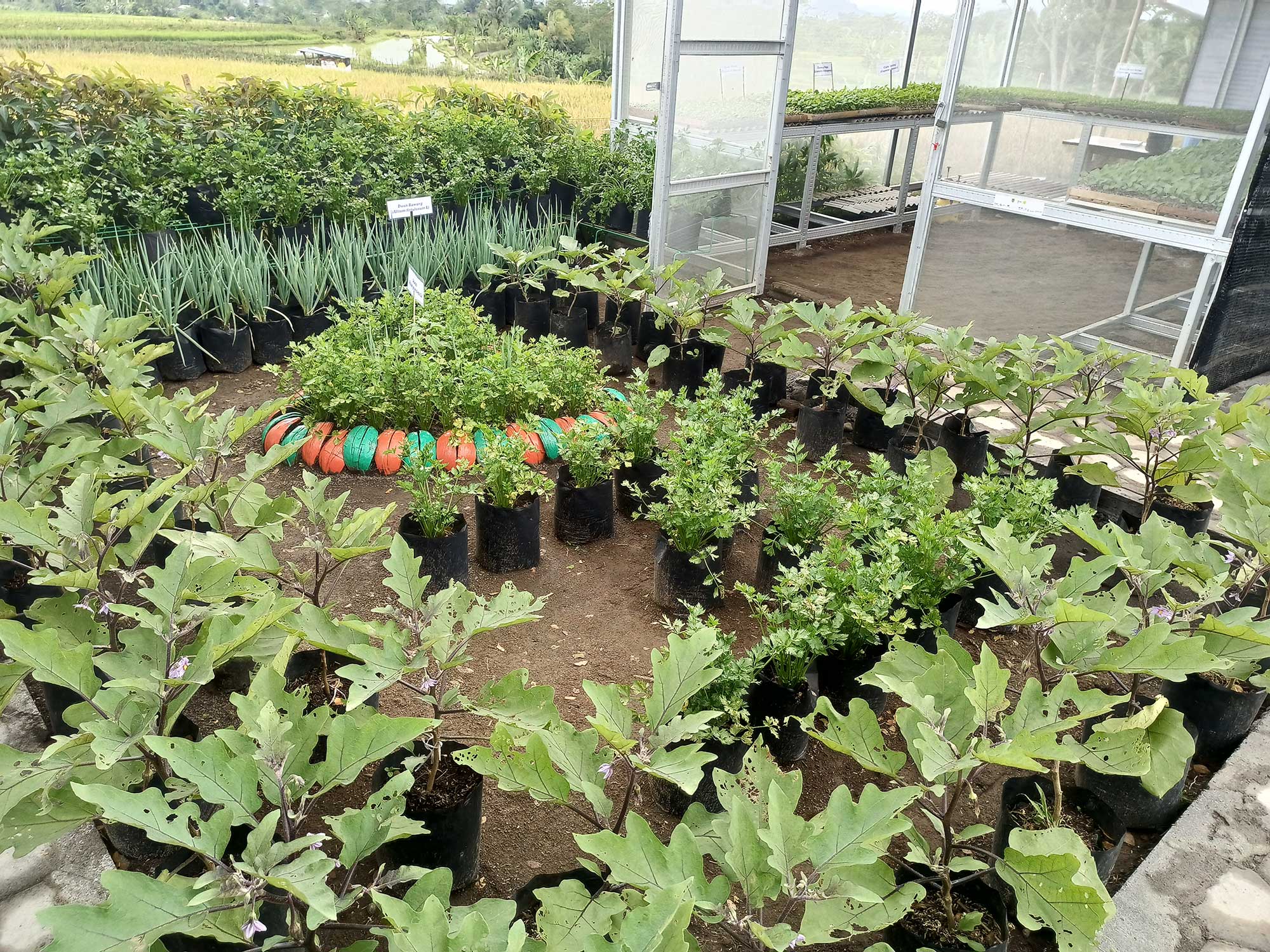
In Uganda, the milk collection centers (MCCs) are storing and saving 40,000 liters of milk from being wasted every day, while in Nigeria, the centers are expected to store and save 14.6 million liters of milk annually.
Coming to the most critical part of food journey is access to roads and transportation of adequately stored harvest to local food markets and beyond. Our field experience tells us that nearly 14% of the food is lost between the field and the market.
When food is lost, the land, water, and other inputs used to produce it are lost too, thus taking an irreversible toll on our natural resources and manpower.
Rural communities benefiting from LLF’s interventions are predominantly agrarian, routinely located three to five hours away from the main markets. What this implies is that food cannot get in and out of the villages in the quantities needed for the local population, reducing peoples’ access to adequate food and livelihood options.
Lack of all-season infrastructure, such as feeder roads, constrain farmers to sell their surplus produce that often spoils before it can be eaten.
The LLF-supported road construction and rehabilitation projects in Africa and Asia are linking isolated farming communities to business hubs, thus, providing an integrated response to supply and demand gaps caused due to post-harvest losses.
To prevent agricultural waste, the revamped roads are also playing a critical role in facilitating farmers’ access to fertilizers, mechanized equipment, and enabling supporting activities like labor, agricultural extension workers and veterinary services to reach farms more easily.
The newly constructed roads in Uganda and Indonesia, respectively, are paving the road to zero food loss, thus also enabling smallholders, particularly female coffee and rice farmers, to reach buyers in near and far away markets.
With this road, business is faster. Goods are brought faster, and my little shop is doing well. Electricity is also now available. New varieties of crops and vegetables are reaching our market that look fresh and appealing. My old customers are telling me that they are also more nutritious" - Mrs. Agnes Isamba, 49, and a mother of four.
Local food markets are vital nodes in the food systems, linking consumers and sellers with producers, particularly in rural and peri-urban areas.
In low-and-middle income countries where LLF is working, there is often a challenge of either non-existent or aging market infrastructure, ultimately impacting food safety and accessibility that results in food waste. The LLF-funded market infrastructure improvements are transforming food system in critical ways.
For example, our work in Uganda’s Kihondo market is a testimony to LLF’s innovation that has the potential to reduce food loss due to spoilage, poor storage and/or handling, as well as increase sales and consumption and improve food hygiene and safety.
The construction of vegetable and fruit market in Kihondo is speaking to the vendors’ aspirations of working in a safer and an enabling environment. On the other hand, the vegetable and fruit suppliers are also expecting increased improvement in food hygiene and food quality, reducing foodborne illnesses.
Making safe and nutritious food available for impoverished communities remains a top strategic priority with the Lives and Livelihoods Fund. The measures put in place by LLF to reduce food loss and overcome technical and infrastructure limitations are coupled with provision of improved financing and credit to small-scale farmers, particularly women, to allow them to diversify or scale their production.
Related articles
Cookies
By browsing our website you accept our Terms and Conditions
